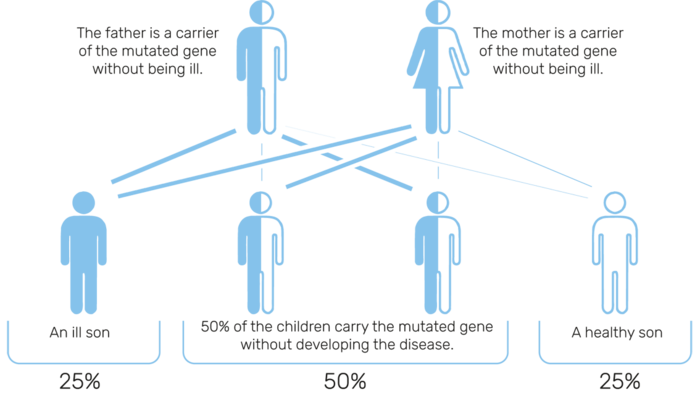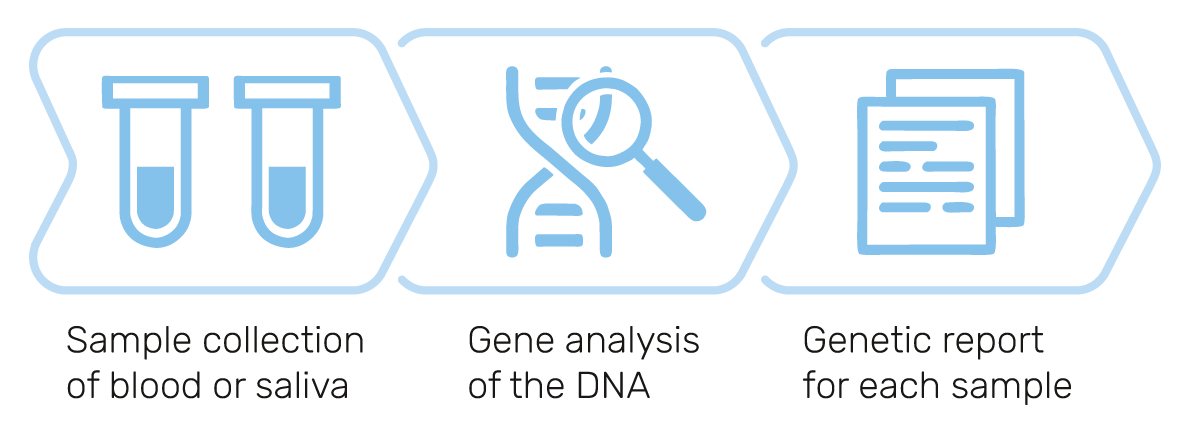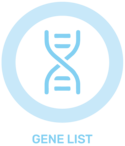I want to have a child with the help from a donor.
I'm single

GENES4LIFE
It turns out that you already have the house of your dreams and the job you wanted; but you still don't have a child.Regardless of your personal situation, you know that you are ready to become a responsible mother or father, either alone or with someone else.
What are your options?
Maybe a sperm or egg donor?
It is important to consider that your child will inherit 50% of its genes from you but also 50% from the donor. The baby may inherit your blue eyes and the donor's strong chin for example, but it may also inherit physical and genetic traits from the donor's parents.
In order for a person to be accepted as a donor, they must be evaluated and approved. However, even donors that are approved may be genetically incompatible with you. This is the case if you are both carriers of a hereditary disease which can lead to an abortion or an ill child. Some diseases can be treated medically, while others are rare diseases for which there are no treatments.
How do you know
if you are
genetically compatible with your donor?
GENES4LIFE
Genes4Life is a genetic test that is used to investigate whether there is a risk of having a child with an inherited genetic disease. Hereditary diseases are inherited through our genetic material, from one generation to the next. In some cases, diseases can “skip” one generation and be inherited in the next; this happens in diseases with recessive inheritance. Recessive inheritance means that a person can carry disease-related mutations without being aware of it.RECESSIVE GENETIC DISEASE
Two copies of the same mutated gene, one in the mother and one in the father, cause the disease.
WE NEED A BLOOD OR SALIVA SAMPLE FOR THE TEST


Provides knowledge about 482 genes that are related to rare diseases due to recessive inheritance.
We study more than 100 high-prevalence diseases and more than 400 low-prevalence diseases.
TYPES OF GENETIC DISEASES WE INVESTIGATE WITH GENES4LIFE:

Reference.-
Genetic testing plays an important role in fertility treatments. One of the reasons why fertility treatments may fail is the presence of genetic mutations, that can lead to repeat abortions and unsuccessful treatments.
GET TESTED BEFORE:
- Trying to get pregnant.
- Starting an assisted fertilization treatment.
- Starting a treatment with donor eggs or sperm. Both patient and donor can be healthy carriers of diseases with a genetic mutation in the same gene.
HOW TO DO IT?

We will help you find a clinic





